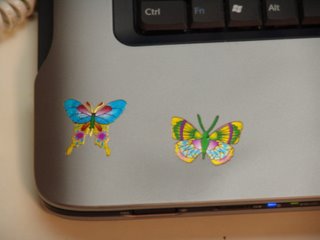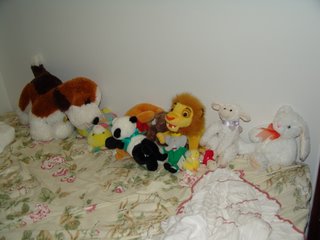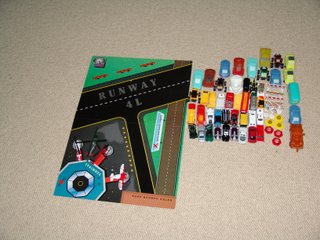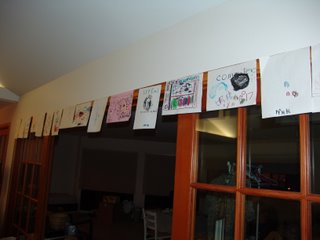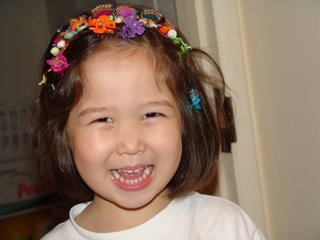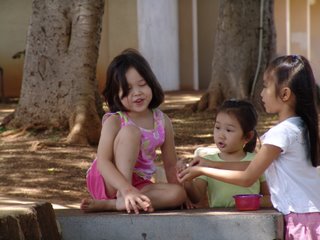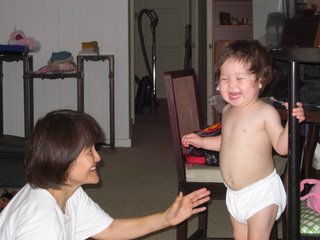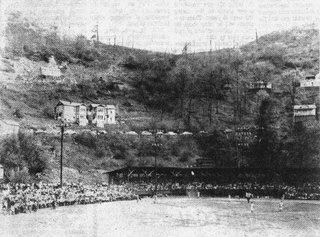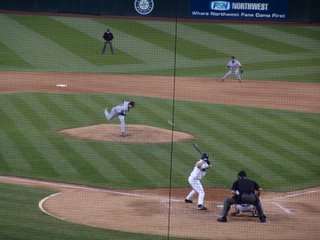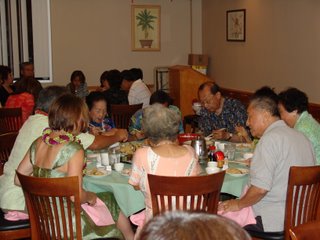What I'm doing here, take two

A friend of mine read this. He found it stimulating, and he likes things that make him think. He had converted to Judaism, he once explained to me, because thinking is a kind of sacrament in that religion. A way of honoring the divinity.

But why was I doing it, he wanted to know.
It's still true that this is a place for creating a record for Maia. But it's become a kind of creative endeavor in its own right, too. I carry my camera with me everywhere now.

And that makes me a little uneasy. I'm enough of a sociologist to know that this will always be as much about me as it is about Maia, and that it is shot through with more or less transparent attempts to impart this or that impression about who I am.
But do you connect with this at the level of what I say or suggest about myself or is it the effort itself that you see. The John in the story or John the storyteller?
I think it's the latter. I hope so, anyhow.

If there is a god, and if it pleases god when people try to put their minds to good use, I don't believe it's the thought itself that god loves, but the thinking--someone trying to muddle through and to preserve love and clarity in the process.

What's in the stories--that's crafted. But what you see in the whole--I don't have any control over that. All I can do is try to make my stories ring true. And if it gives you some kind of good feeling to be a witness to this--well, that makes me feel good. As though I've pleased my god.

In the first two photos, we're on the train on our way back to Almaty from Shymkint. It was May 12, 2004, we had just adopted Maia, and we were headed home.
For some weeks, Maia continued to carry things around in her mouth as you see her doing in the second of the two photos from the train. Her mouth was another pair of hands for her. That's a doll she's holding there. Our guess is that she had learned to use her mouth like that at the orphanage in order to maintain control over things that she wanted to keep for herself.
The photo of her in Kristina's socks and shoes was taken in our motel room in Los Angeles on May 18, 2004. We stayed there for a night on the way back to Honolulu. It was Maia's idea to dress up that way; she has always liked to dress up in Kristina's clothes.
The photo in the bathtub is from May 28th, 10 days after we had gotten back to Honolulu. Maia was fascinated when she first saw Kristina bathing in Almaty and couldn't wait to try it herself. Every time I look at this photo or the next one, it makes me smile.
The photo on the swings is from June 13, 2004. To this day, she takes a pure joy in swings. It wouldn't surprise me if she flies planes some day.
The photo you see directly above this is from October 30, 2004. Maia had been going to a gym class on Saturdays. She loved the trampoline and the T-shirt she's wearing in this photo. I love the photo for what it shows of her impish personality. Maia loves to have fun.
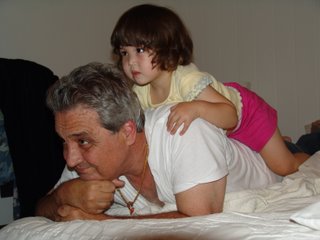
The photo just above is from April 18, 2005. It's now about a year since Maia came into our lives. This is one of a small set of photos I have of the two of us. I'm not sure what we're watching. It could be Barney--she favored Barney during that period.
The last photo is from dinner tonight--a little over a year later. Maia is pretending her fork is a trunk and that she's an elephant. She loves elephants. She is a big fan of Babar.

It's been quite a trip to this point. It feels like I've changed a lot along the way. I know that what I do with my time outside of work has completely changed.
And that's a good thing.
Today was my birthday.
John, Thursday, July 27, 2006

